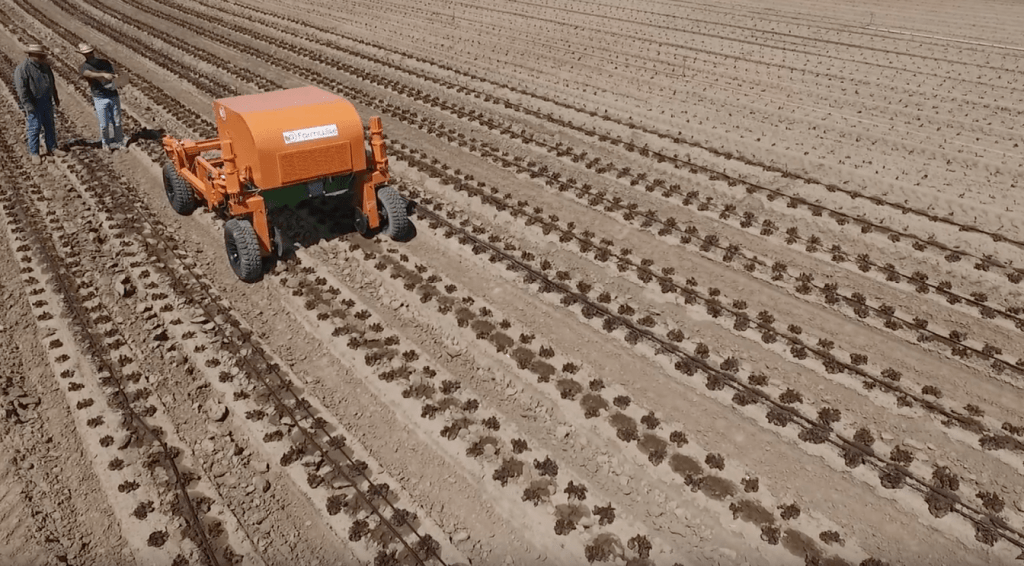Jeff Peters
More posts from Jeff Peters
Fully self-driving passenger cars are not “just around the corner.” While the well-capitalized leaders — funded by corporations, multibillion-dollar VC funds or advertising revenue — are on more stable financial ground, many other full-stack autonomous vehicle startups may be looking for the off-ramp.
With no clear path to funds outside of venture capital, full-stack startups face two options: 1) get acquired for the talent and technology or 2) close shop. Cruise and Argo AI were big startup exits. Daimler Trucks acquired Torc Robotics (which did not follow the VC-startup model). And nuTonomy was marketed as a $450 million acquisition by Delphi/Aptiv.
But the most recent VC-backed valuations for some AV startups have stagnated at or below the $450 million mark, which doesn’t give much upside from their previous valuations in the height of the AV fervor. Without much further upside, it is more likely that many passenger car AV companies will close shop.
Full-stack autonomous passenger vehicle startups are dead.
But wait…
Passenger car autonomy projects attracted a lot of capital and top talent in the past decade and produced tremendous technological advances in autonomous perception, path planning and control. What happens to the talent and technology when the passenger AV bubble bursts?
Well, there are more vehicles than just passenger cars. The DARPA Grand Challenge held over a decade ago is cited as the catalyst behind the GoogleX self-driving car project and the explosion of passenger car AVs. The advances made during the challenges also spilled over to off-highway vehicles. Since then, autonomous vehicles have been developed and deployed in defense as well as commercially in large-scale agriculture and mining.
It is widely observed that industrial, agriculture, construction and mining applications are better suited for near-term autonomy. There are defined automation tasks with clear ROI, there are fewer human-machine interactions and there are geo-fenced areas that bound the operational and safety requirements. These are simply more controlled environments than on city streets. Automation also can help offset critical labor shortages. It is difficult to attract a workforce at remote mines in the middle of vast deserts. Labor shortages for agriculture add tremendous uncertainty for growers who don’t know if they will be able to prepare and harvest their crops during short time windows.
With the help of those DARPA participants, Caterpillar developed semi- and fully autonomous haulage trucks and announced they have hauled more than 1 billion tons of material. Komatsu followed a day later by announcing that they reached the 2 billion ton milestone. These haulage trucks are the size of a house. John Deere, Case IH, New Holland and others have developed semi- and fully autonomous tractors on their own, and with the help of R&D companies. Most of these programs have been around for more than a decade now, but the rate of technological progress pales to that of the recent startup efforts.
What’s next?
From our vantage point as investors, we believe that we will see a similar spillover from the passenger car AV bubble into industrial, agriculture, construction and mining sectors. This will enhance existing autonomous programs, open up new ROI use cases in those sectors and reshape the autonomous vehicle business model in some of the sectors as smaller players gain access to top talent and technology.
The most significant technologies that will spill over into the off-highway vehicle market are machine perception, reinforcement learning for more complex robotic motion planning and functionally safe, mission-critical engineering requirements.
Perception systems deployed on mining and agricultural vehicles are not as cost-constrained as passenger cars. The price tags for some 700-series CAT haulage trucks exceed $5,000,000. These vehicles are equipped with ruggedized lidar, radar, cameras, etc., mostly for safety awareness. Costs of these systems will decline thanks to the cost-constrained designs for sensors driven by the automotive market.
Camera-based inference will allow these vehicles to further understand elements in their environment — allowing them to perform more complex navigational tasks and operations. Sensor fusion may allow agricultural vehicles to deploy optimal inputs to fields or mining vehicles to understand ore characteristics to increase productivity per scoop.
Reinforcement learning allows operators to “teach” algorithms to perform complex tasks and will create new use cases requiring complex robotic actuation. These use cases could be harvesting more than just broad-acre crops, moving dirt on-site, picking-and-placing of construction equipment for staging and much more. These robotic applications can be integrated on top of existing autonomous mobility platforms.
The most important criterion for these startups is an uncompromising approach to robustness and safety. Autonomy only achieves its full potential if the solution works with minimal downtime and improves safety (which is also tied to equipment replacement costs, worker compensation and insurance).
Recognizing these trends, we’ve made an investment into an AV startup that is deploying autonomous systems on Bobcat skid-steer and excavator vehicles in construction and working with large mining operations to automate all vehicles on the mine site.
We’ve also invested in an early-stage agriculture robotics company automating on-field applications that have been, thus far, untouched by automation.
This is only the start. There are many more opportunities in off-highway autonomy, and we’re continuing our search for companies in other off-highway applications.































Comment